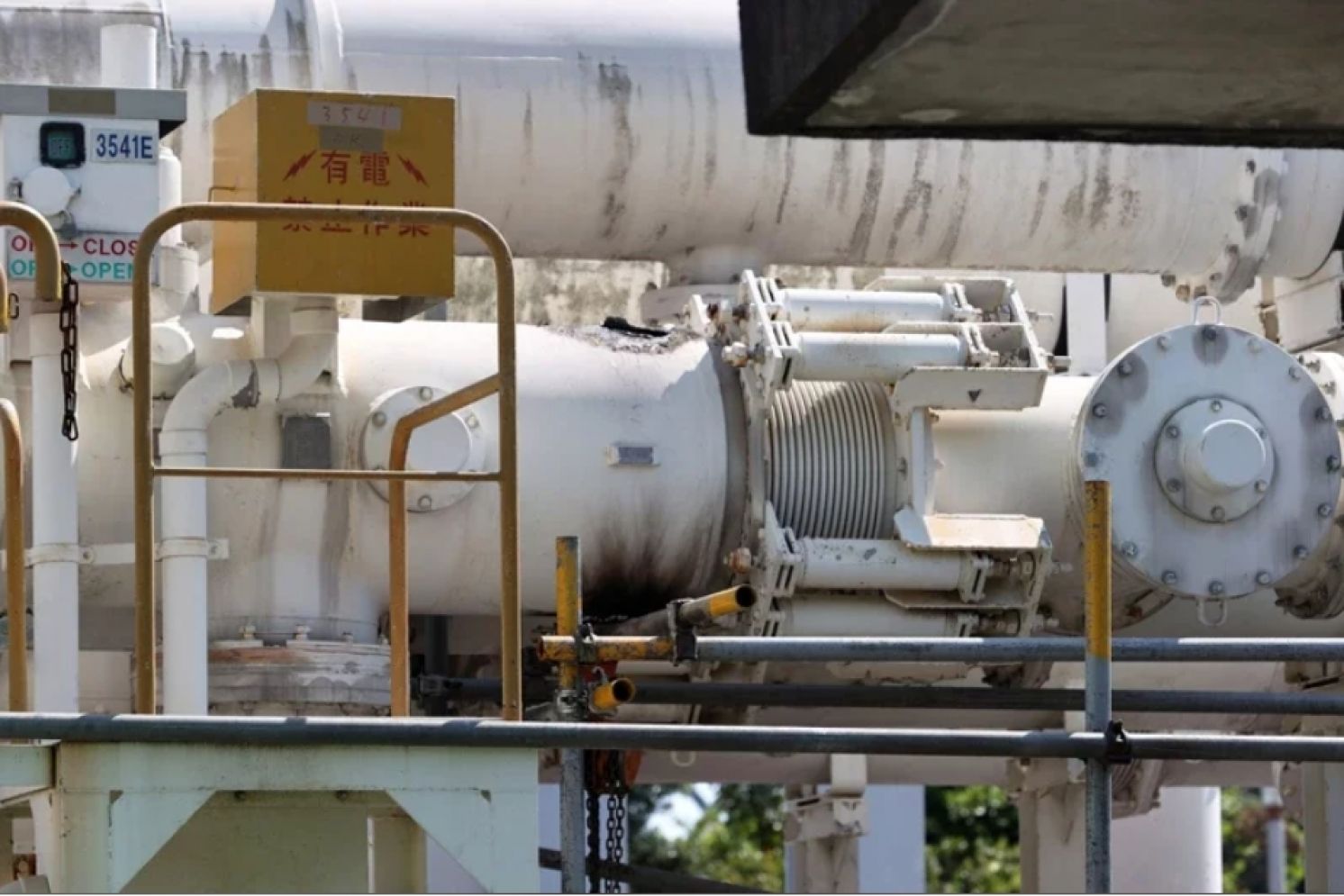
Power Sufficiency Cannot Be Ensured by Betting on Chicken Cutlets
By Tai Hsia-ling
United Daily News, March 6, 2022
On March 3, the switchyard accident of the Taiwan Power Company’s (Taipower) Xingda Power Plant caused nearly 4.54 million households in Taiwan to lose power. The entire lines from the central to southern part of Taiwan Railway was suspended, power outages occurred in various places, people were trapped in elevators, traffic signs malfunctioned causing traffic chaos, and medical institutions were worried about the scrapping of vaccines, which greatly affected people's lives.
In addition, various industries, including semiconductors, optoelectronics, petrochemicals, and steel may suffer huge losses of tens of billions, and the intangible losses are even more difficult to estimate. This is the fourth Taiwan-wide power outage since President Tsai Ing-wen took office, and the worst in recent years.
That night, Minister of Economic Affairs Wang Mei-hua held a press conference to explain that the preliminary investigation results were due to a human negligence, not the shortage of electric power. She apologized to the people, declared that she had asked the Premier to punish herself, and announced a compensation plan. However, public grievances continued to boil over, and doubts about the lack of electricity in Taiwan spread like wildfire again.
A few days ago, President Tsai Ing-wen just assured the representatives of the eight major industrial and commercial groups that Taiwan will not lack electricity, and that she will ensure Taiwan's power supply is safe! Unexpectedly, within two days, she was caught blowing hot air. Many people feel puzzled and helpless about Minister Wang’s frivolous remarks of “betting on chicken steaks” for no more lack of electricity. A legislator expressed his sarcasm at Minister Wang’s promise that he would not run out of electricity by sending people chicken steaks for free.
Electric energy is the lifeblood of Taiwan's industrial development. When the power supply is unstable or there is a long-term shortage, it will comprehensively affect the development of all industries, directly or indirectly undermine the confidence of countries in the world to invest in Taiwan and affect the development of Taiwan's economy. It is no wonder that while the heads of counties and cities were busy solving the disaster caused by the power outage, they also asked the Tsai administration what the real reason was. What the public wants to know more, is it really “not a lack of electricity”? Is there really “no power outage”? In the face of the huge losses and risks to the people caused by the lack of electricity, does the government have an effective strategy to solve the problem?
It is reminiscent of the fact that last year’s two referendum questions on energy allocation, relaunching the fourth nuclear power plant and relocating the third liquefied natural gas receiving terminal, were shut out, but the test of power shortage has never stopped. As nuclear power is gradually going down in history, Taiwan’s energy will turn toward the use of natural gas, coal, and renewable energy to generate electricity, which not only brings forth a series of challenges in energy transformation, but also includes the reliability of the power grid system, and the planning of risk management, the development trend of international renewable energy, and so on. They will also be key to Taiwan’s energy policy.
Stabilizing the power supply has to do with the lifeline of Taiwan’s economy. The Minister of Economic Affairs used “betting on a chicken cutlets” in a talk show to ensure that there will be no shortage of electricity in 2022! It’s astonishing! We agree with Mr. Terry Gou that the energy issue involves national development and is a national security issue and that it must also integrate environmental issues and other issues, both of which should not be subject to political interference or premise. We prudently appeal to the high-level officials in the government to stop using “betting on a chicken chop” to guarantee there will be no lack of electricity! It is necessary to accept the suggestions of relevant experts, hold a higher-level inter-ministerial energy meeting, actively formulate energy policies to support Taiwan’s long-term development, plan coping strategies during the energy transition period, consider painful alternatives to the energy transition, conduct in-depth reviews on issues, and then propose effective solutions that help the country and society develop sustainably.
(The author is a professor at the University of Taipei.)